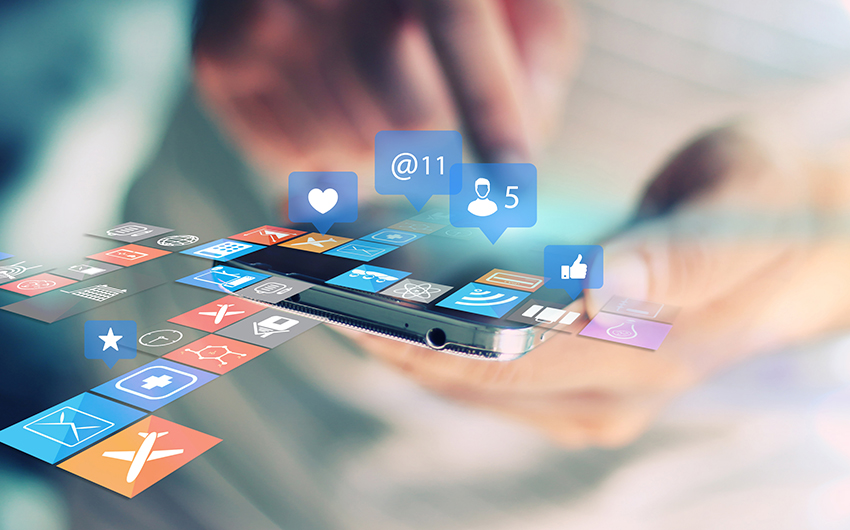Apple benefits but Android suffers.
- The result of huge increases in device prices is now being felt as data from the US indicates that iPhone users, in particular, are holding onto their phones for longer.
- For Apple, this is a worthwhile trade as the increase in price that it has been able to push through is greater than the negative impact on device shipments caused by users keeping their phones for longer.
- However, the reverse appears to be true for Android where the increase in average age looks greater than any price increase that Android has been able to put through by following Apple up the price curve.
- Hyla (a mobile device trade-in company) has released data that it has collected in USA (see here) which clearly shows that the average age of devices in USA users’ hands is increasing.
- Apple devices are the oldest which makes complete sense as these devices are both of the highest quality (and therefore should last longer) as well as being the most expensive.
- In Q4 16 the average age of a trade-in iPhone was 2.51 years with all others (read Android) at 2.02 years.
- In Q3 18 the average age of an iPhone has increased by 16.3% to 2.92 years while other smartphones have increased by 32% to 2.66 years.
- It is Apple that has led the way with price increases which entered new territory in 2017 with the launch of the iPhone X that started at $999.
- Since then, Samsung and Huawei have followed, but the data indicates that users are less willing to pay up for the new Android flagships as they are for iPhone.
- In Q2 2018 Apple’s iPhone ASP stood at $724 up 19% from $606 in Q2 2017 where it has hovered for many years.
- The effect of increasing price on revenues is impacted by a longer replacement cycle but as the price increase (19%) is greater than the age increase (16%), Apple revenues have benefitted.
- The same cannot be said for Android where the average age has increased by 32% and I am pretty certain that the net price increase has been less than what Apple has managed to push through.
- Hence, it looks to me that revenues to Android handset makers are worse off from this trend in contrast to Apple.
- This is just another example of how Apple continues to command the vast majority of the value in the handset market which may be set to grow as Huawei is starting to close the gap on Samsung in terms of volume.
- This could allow Huawei to put real pressure on Samsung’s profitability as its volume advantage will be significantly less (see here).
- Greater competition among the Android vendors will benefit Apple most of all.










Blog Comments
Andrew
November 1, 2018 at 10:41 pm
“Greater competition among the Android vendors will benefit Apple most of all.”
Not Google most of all? Or was that implicit?
RICHARD WINDSOR
November 20, 2018 at 6:13 pm
Hi. I think thats implicit…they spend so much time fighting each other that Apple simply sails past unnoticed.